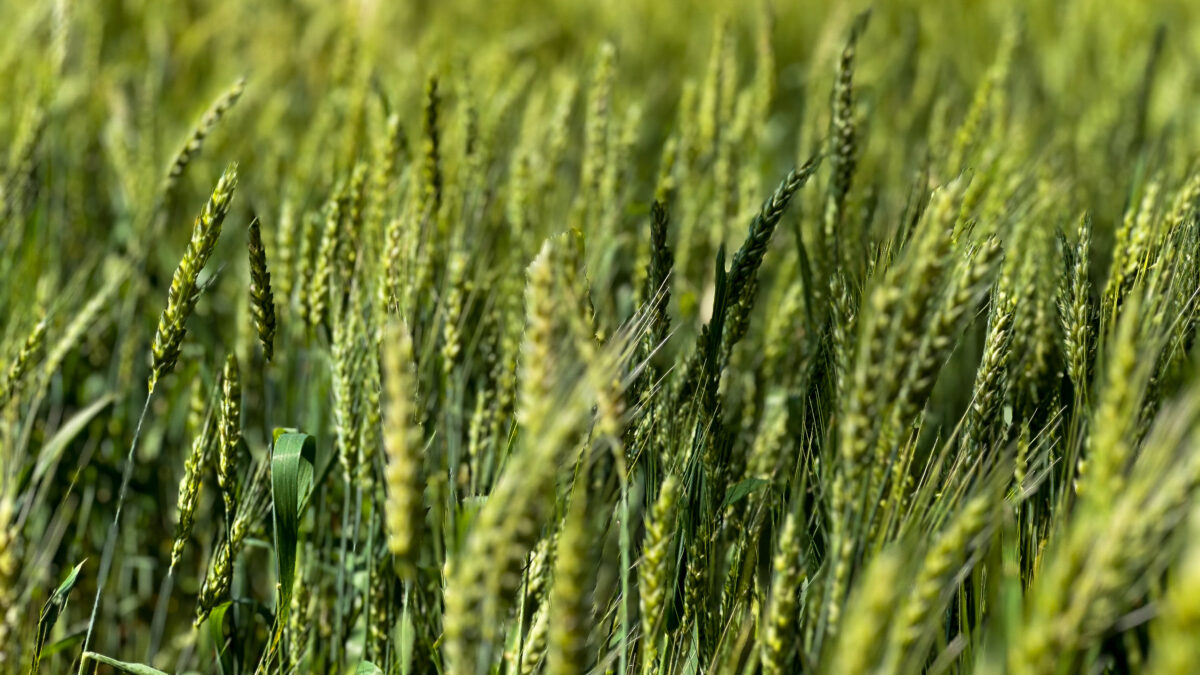How Will Agriculture Feed the World? It Starts Today
Guest Author
Special Contributor to FB.org

photo credit: AFBF Photo, Morgan Walker
Guest Author
Special Contributor to FB.org
By Rio Bonham
Today is no ordinary day for students at the local elementary school. Today, every child has the opportunity to glimpse what different professions have to offer. Today is career day. The halls are bustling with even more rambunctious energy than usual. Spelling words and multiplication tables are the last of the children’s worries, such struggles have no place on a special occasion. The gym is packed with booths marketing everything from nursing to construction. After a morning of roaming from booth to booth, the future of America sits down in the cafeteria. As one little boy finishes the last of his beloved chocolate milk, he turns to his classmate and asks how they can make something so good. His classmate’s response? “They use brown cows.”
Although this scenario may seem far-fetched, the reality remains that agriculture lies outside many of the young minds that will make up the future of this nation. Even in a small town in Oklahoma, agriculture remains obscure to young adults. In a place where the wealthiest person in the county owns the most farmland, one would assume that agriculture is an integral part of the community. However, there is a substantial disconnect between the current high school generation and the generation that produces the world’s food. This disconnect could prove to place a strain on the world’s food supply in the coming years. With the average age of a farmer rising to 58 years old, according to the most recent Census of Agriculture, it is clear young people do not think of food production as a career choice. This generational gap roots itself in a lack of understanding of agriculture and the vast array of jobs agriculture has to offer.
It is our responsibility as agriculturists to educate future generations about agriculture in a way that will ignite a passion to carry on the legacy that is American agriculture.
From the jeans they wear, to the E-10 they put in their car, to every single thing they eat or drink, high schoolers must not only understand but appreciate all that agriculture produces for them. In addition, agriculture has thousands of job opportunities for young adults if their eyes were just opened to them. In the current agriculture market, molecular biologists can make just as impactful of a contribution as the cattle rancher with thousands of acres. After all, agriculture is not just sows, cows and plows.
It is our responsibility as agriculturists to educate future generations about agriculture in a way that will ignite a passion to carry on the legacy that is American agriculture. The minds of next generation must look forward to the agriculture booth at their next career fair. That is the only way agriculture will be able to feed the world and it must start today.
Rio Bonham is a high school student in Oklahoma. This column was originally published as the winner of the 2018 National Ag Day Essay Contest.
Rio Bonham is a high school student in Oklahoma. This column was originally published as the winner of the 2018 National Ag Day Essay Contest.
Trending Topics
VIEW ALL